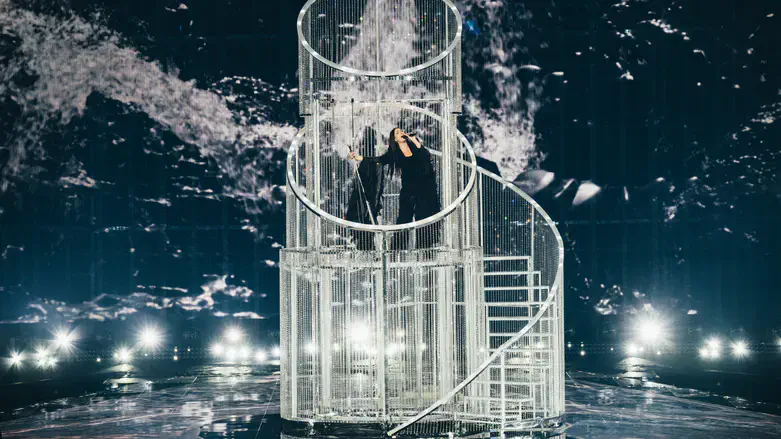
The integrity of the Eurovision Song Contest's voting system has come under intense scrutiny from European broadcasters after Israel's entry, "New Day Will Rise," overwhelmingly won the public vote but narrowly missed overall victory in Saturday's finale. Austria's JJ with "Wasted Love" ultimately secured the win.
According to a report in The Guardian, broadcasters from across the continent are raising concerns, with Finland's Yle Entertainment stating, "We will ask the European Broadcasting Union (EBU) whether it is time to update these rules or at least review whether the current rules allow for abuse."
Spain's public broadcaster has called for a "complete review" to prevent "external interference," and Ireland's RTÉ has requested a breakdown of the voting numbers. The Netherlands and Iceland are also among those raising issues. Martin Green, Director of the competition, confirmed that the EBU is taking these concerns "seriously."
Israel's song, performed by Yuval Raphael, a survivor of the Nova musical festival massacre, comprehensively won the public vote, receiving points from 34 of 38 national and international phone votes. This marks a significant public endorsement, following the previous Israeli entry which also placed second in the public vote in 2024.
Questions have emerged regarding the disparity between public voting results and streaming popularity. "New Day Will Rise" ranked 19th in Spotify popularity among this year's entries in the week of the event, according to The Guardian, yet garnered the maximum "douze points" from 13 national public votes. Israeli government social media channels and the Israeli embassy in London actively encouraged maximum voting for Raphael, a practice currently not against Eurovision rules.
Belgian broadcaster VRT's data suggested a disconnect between viewership and voting numbers, indicating an increase in votes from Belgium in 2025 despite a significant drop in viewership. Dutch broadcaster AvroTros issued a statement emphasizing the "apolitical and binding value" of Eurovision, while acknowledging it is "increasingly influenced by social and geopolitical pressures."
Spanish Prime Minister Pedro Sánchez has explicitly called for Israel's expulsion from Eurovision, drawing parallels to Russia's exclusion from international events. "Therefore Israel shouldn't either, because what we cannot allow is double standards in culture," Sánchez stated.